Two years ago, battling depression and working an exhausting job as an Aberdeenshire farm worker, Duncan Maclennan tried to kill himself.
That he is alive today is down to luck. Sensing something was wrong, Duncan’s girlfriend came to his home and found him unconscious on the floor.
It was a narrow escape that the 29-year-old from Turriff often thinks about.
“It scares the living hell out of me,” Duncan says of that night in 2022.
“I was potentially minutes away from not being here. It scares me to think that I let myself get to that point, that I thought that was the only way.”
The shocking suicide rates among farm workers
Unfortunately, Duncan’s story is all too common in the agricultural industry.
The UK suicide rate for male farm workers is three times the male national average, according to the 2021 figures from the Office for National Statistics and Public Health Scotland.
Every week, three people in the UK farming and agricultural industry die by suicide.
In Scotland, the situation is more acute; suicide rates amongst agricultural workers are higher compared to the rest of the UK.
“We are still losing far too many people of all ages in Scottish agriculture to suicide,” says Carol McLaren, chief executive of RSABI, the Scottish charity that works to ensure the welfare of those on Scotland’s farms.
Carol, who studied land economy at Aberdeen University and was an Inverurie Young Farmer for many years, ticks off the factors that contribute to Scottish agriculture’s shockingly high suicide figures – long hours, the isolation of modern farming and lack of social contact.
And while farming has long come with financial pressures, in recent years changing weather patterns such as last year’s heavy rainfalls and the increase in the cost of living have made money flows even tighter, adding to the stress.
On top of that is the unfortunate reality that both farming and suicide are predominantly male pursuits — and that farmers and farm workers have easier access than most to life-ending means.
“Too often our welfare team sees the devastating impact this has on families and friends bereaved by suicide,” Ms McLaren adds.
“The impact of these deaths on our close-knit Scottish farming and crofting communities is huge.”
How rural groups are trying to reverse suicide rates
Scotland’s agriculture industry is trying to face up to its bleak statistics — what Ms McLaren calls its “poor track record in terms of mental health and suicide”.
In the coming months, RSABI will welcome its first full-time staff member focused on suicide prevention.
Launched in partnership with another charity, SAMH (Scottish Action for Mental Health), the new role will be a “significant step forward in the drive to raise awareness and understanding” of suicide prevention, Ms McLaren says.
Other projects are already underway.
RSABI works closely with the Scottish Association of Young Farmers Clubs, and this summer started a programme of suicide prevention training with young farmers, working with Papyrus, a charity that specialises in suicide prevention in young people.
RSABI also wants to improve understanding of the challenges it faces by launching new research into suicide in Scottish agriculture. Only a handful of studies exist, and the ones that do are often more than a decade old.
The power of speaking out in fight against suicide
But perhaps the biggest effort is going into what support groups see as the most effective weapon against suicide — the simple act of talking.
RSABI has the ongoing #KeepTalking campaign, which encourages people to connect with others if they are struggling and speak out if they see others in trouble.
Meanwhile, its Health Hut initiative within farming communities — including one at north-east auction site Thainstone Mart — allows people to access help anonymously.
The charity even works with former Royal Marines at north-east firm IED Training Solutions, teaching more than 700 people working in the frontline of Scottish agriculture, to help them to know what to say and do when someone is struggling.
“We need to keep using the word ‘suicide’ to break down some of the stigmas and cultural norms that exist in Scotland and in communities like agriculture and farming,” says SAMH chief executive Billy Watson.
“None of that’s rocket science, but it is about awareness — knowing there are resources and creating pathways to them.
“If the only conversation you have is inside your own head, it just compounds some of the things you might be feeling in that moment.
“One conversation can save a life, that’s for sure.”
How Turriff farm worker Duncan came close to suicide
Duncan, who is from a non-farming family in Turriff but has worked in agriculture since his early teens, says the solitary lifestyle of farm work, combined with the long hours and relatively low pay, played a major factor in his suicide attempt.
His job when he made his attempt was draining. Even today, during harvest, he can log more than 100 hours a week at the farm near Ellon he works on.
Meanwhile, depression brought on by the death of his father in 2017 and the suicide of three friends meant he was sleeping only two to three hours a night.
“There’s all sorts of stresses and pressures,” says Duncan, who during the winter travels to Western Australia to work on larger farms.
“And just the fact that it’s isolating. It’s a very isolating job.”
Duncan firmly believes that talking helped him return from the brink after his suicide attempt.
He came clean with his family about how he was feeling and the following day, after a long discussion with his mum, agreed to go to counselling.
Then, a month after his attempt and on the advice of one of his sisters, he walked nervously into a men’s mental health support group and recounted everything that had happened.
“It was honestly like a weight had been lifted off my shoulders,” he remembers.
“And every subsequent meeting that I went to, you know, I could feel myself getting better.”
‘There are real green shoots of change on the horizon’
Mental health groups say there is more need than ever for people like Duncan to speak out about their experiences, to make people more aware of struggles that friends or colleagues may be going through.
However, thanks to an increased awareness of mental health, the younger generation of agricultural workers do seem more capable of talking through their problems with others.
That coupled with campaigns such as #KeepTalking gives support groups grounds for optimism.
“The good news is that collectively these steps are helping to gather momentum behind prioritising mental health in farming, which is resulting in reduced stigma and more brave conversations,” Ms McLaren says.
“There are some real green shoots of change on the horizon and a lot to hope for.”
The road to recovery for Turriff farm worker Duncan
More aware than most of the power of talk, Duncan now combines his farm work with speaking out on his experience in the hope he can help people in the position he once was — struggling in silence and believing the world would be better off without him.
“I wouldn’t wish that on my worst enemy,” he says.
And though he admits life is not perfect, he’s come a long way from that evening two years ago.
“The good days will outweigh the bad days,” he says, “which is the most important thing.”
If you have serious concerns for your own or someone else’s safety, it’s important to call 999.
If you are distressed, struggling to cope or have thoughts of suicide, you can contact NHS 24 by phoning 111, or Samaritans by phoning 116 123 or emailing jo@samaritans.org.
In non-urgent situations, you can contact the SAMH information service (9am-6pm, Mon-Fri) to chat about mental health or get more information about mental health support in your area on 0344 800 0550 or info@samh.org.uk.
You can text Shout on 85258 any time. Or call Breathing Space on 0800 83 85 87 Monday-Thursday 6pm to 2am or between Friday 6pm-Monday 6am.
RSABI has a 24/7 Helpline 0808 1234 555 and live webchat via www.rsabi.org.uk plus a welfare team based throughout Scotland.
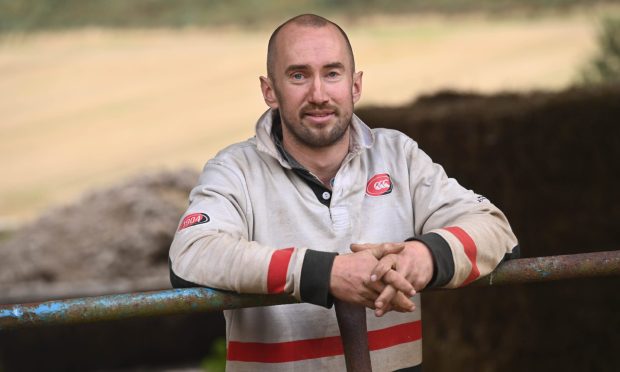
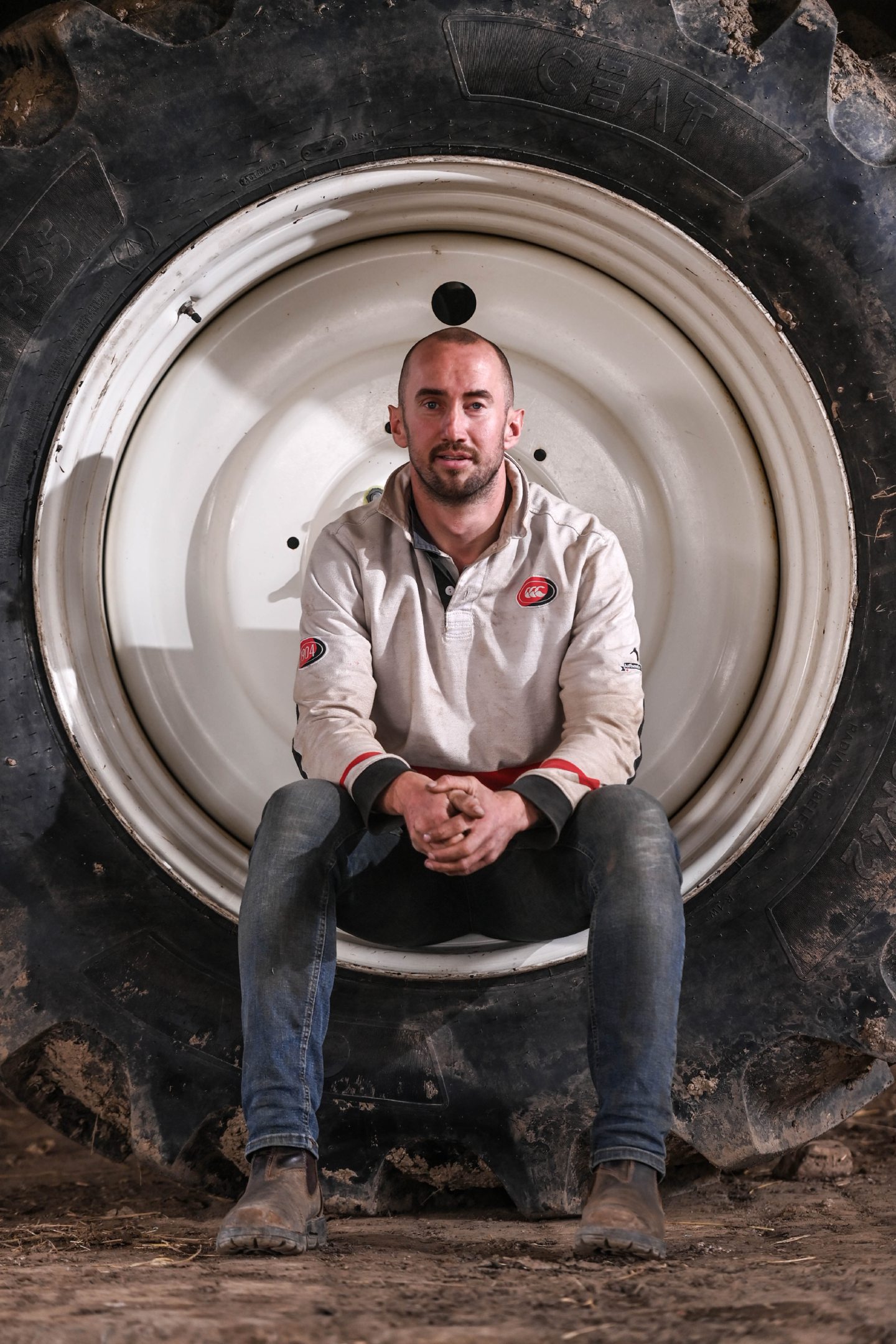
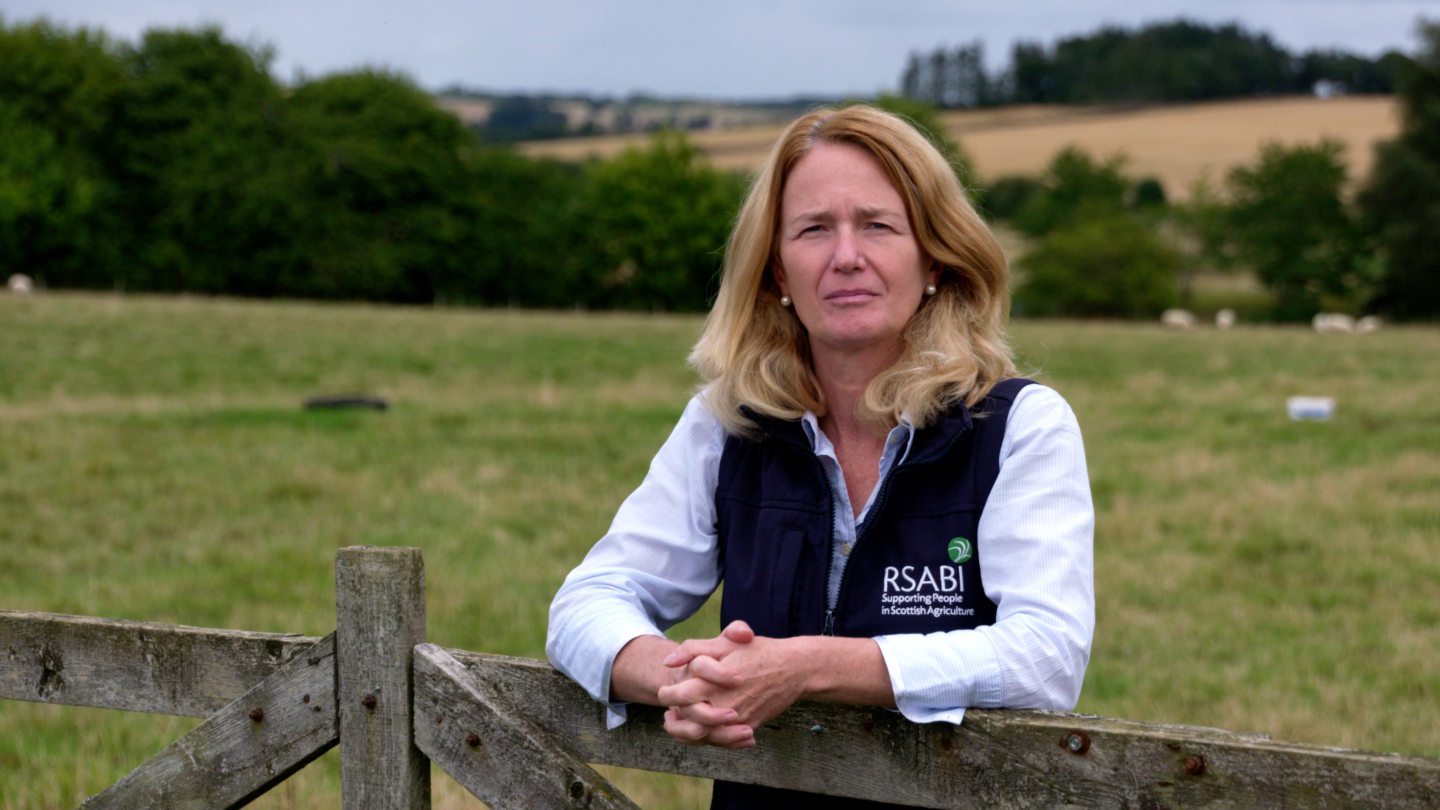

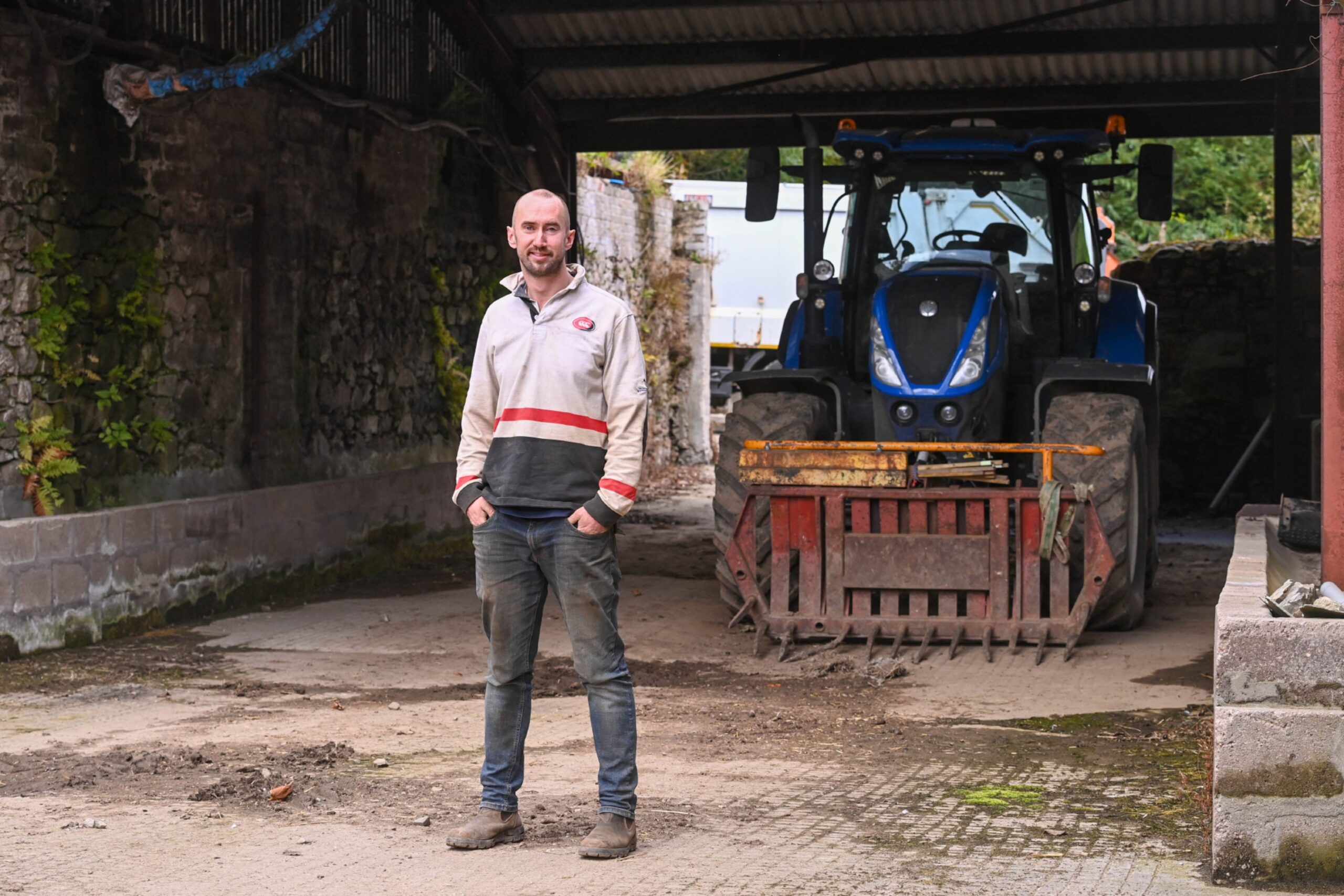
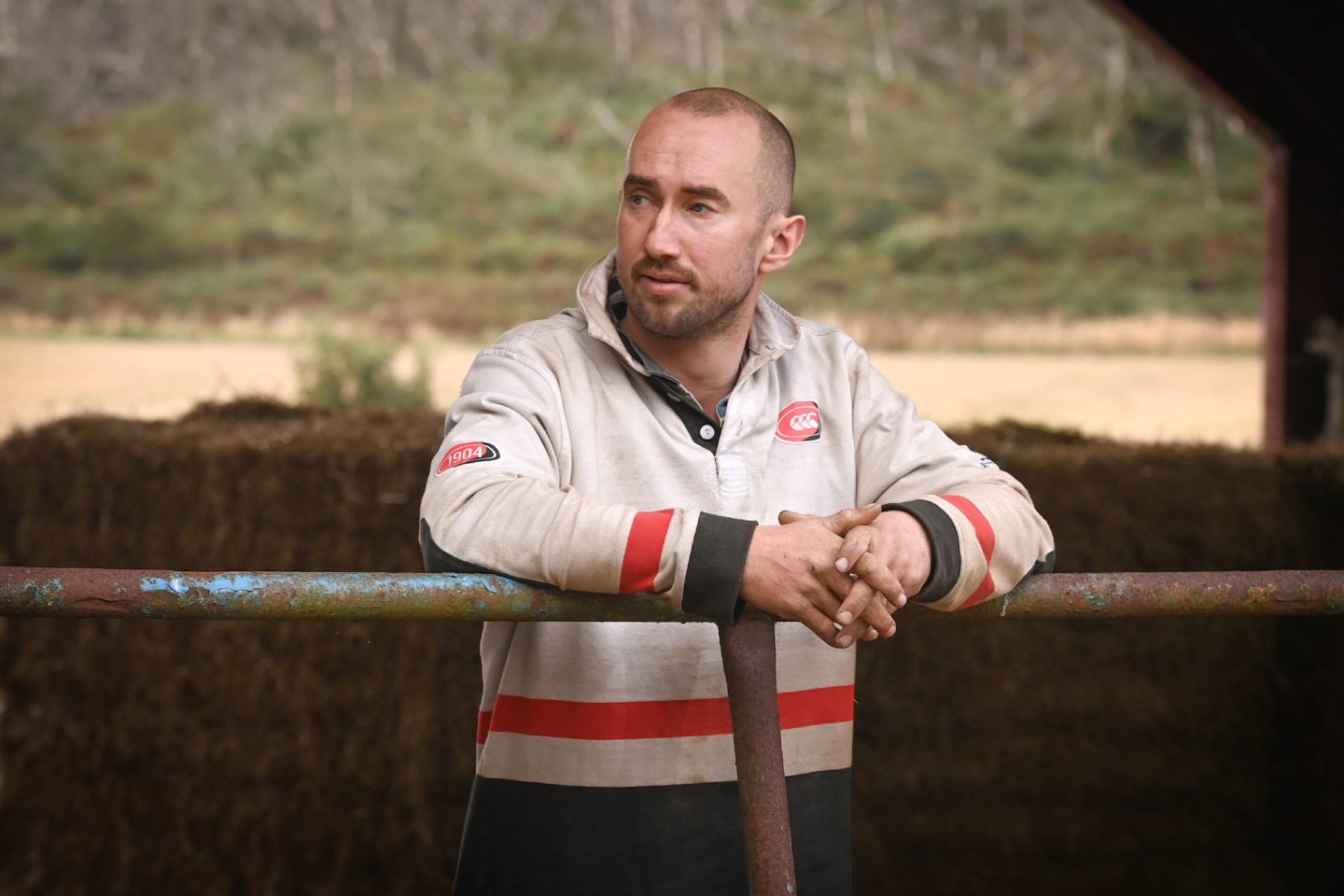
Conversation